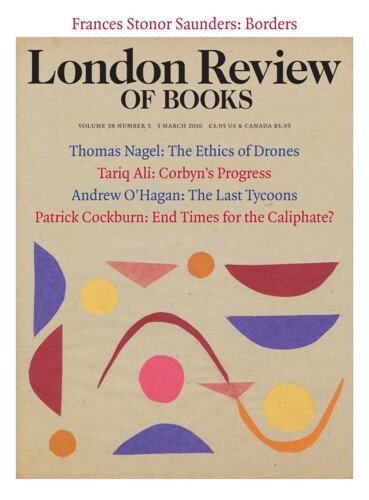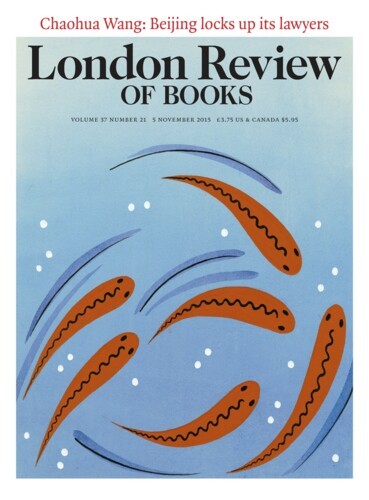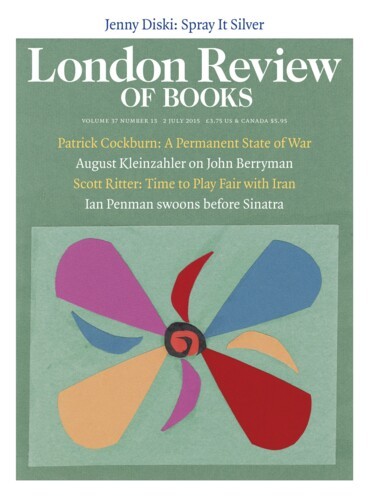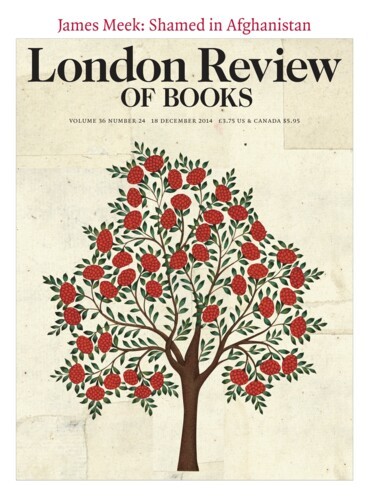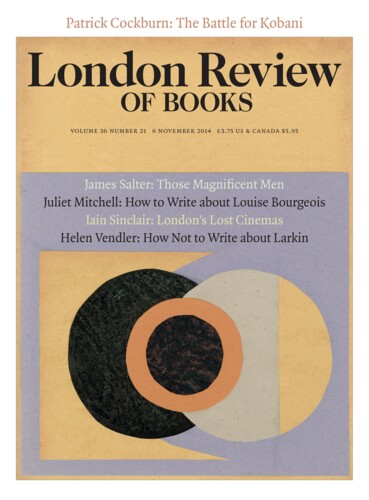End Times for the Caliphate?
Patrick Cockburn, 3 March 2016
The war in Syria and Iraq has produced two new de facto states in the last five years and enabled a third quasi-state greatly to expand its territory and power. The two new states, though unrecognised internationally, are stronger militarily and politically than most members of the UN. One is the Islamic State, which established its caliphate in eastern Syria and western Iraq in the summer of 2014 after capturing Mosul and defeating the Iraqi army. The second is Rojava, as the Syrian Kurds call the area they gained control of when the Syrian army largely withdrew in 2012.
